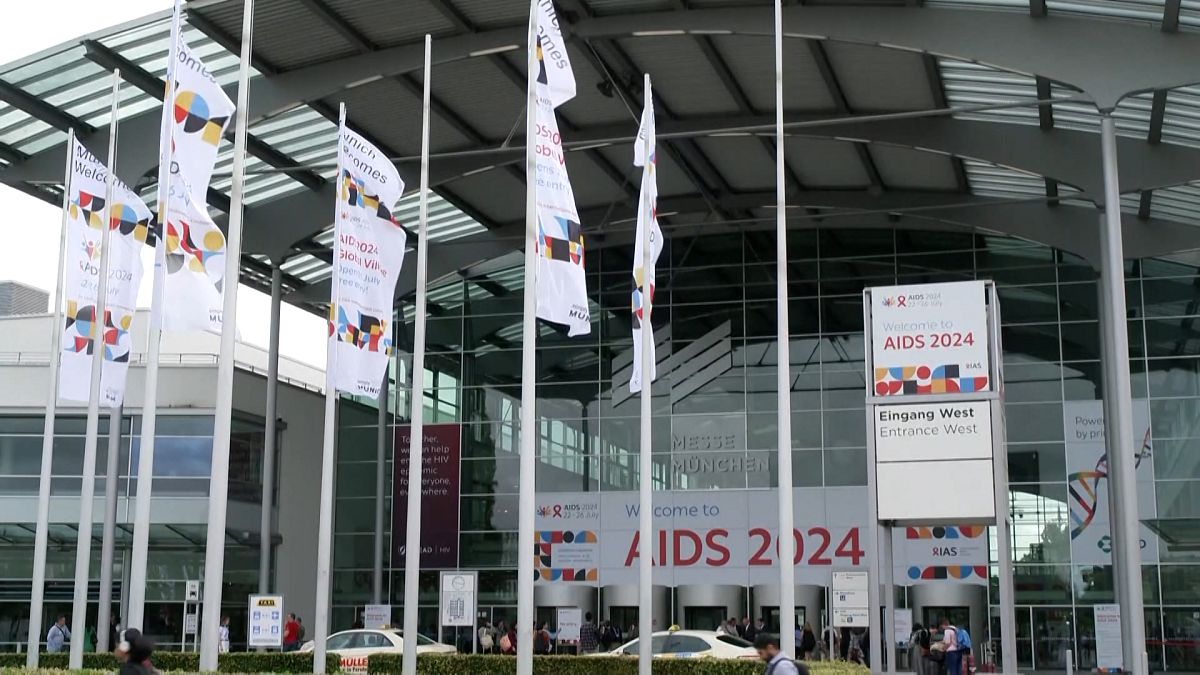A new report released by UNAIDS on Monday highlights the possibility of ending the AIDS pandemic by 2030 if leaders take the necessary steps to fund initiatives and protect human rights. The report emphasizes the critical moment that the world is currently in, where decisions made this year will determine the fate of millions of people living with HIV. Of the nearly 40 million people living with HIV worldwide, a quarter are not receiving life-saving treatment, leading to one AIDS-related death every minute.
While significant progress has been made in terms of access to treatment, with the number of people in treatment increasing from 47% in 2010 to nearly 75% today, there is still a long way to go. The report projects that if leaders make the right decisions now, the number of people requiring life-long treatment will stabilize at around 29 million by 2050. However, if the wrong decisions are made, this number could rise to 46 million. UNAIDS Executive Director Winnie Byanyima stressed the importance of ensuring that the HIV response has the necessary resources and that the human rights of everyone are protected in order to meet the goal of ending the pandemic by 2030.
While progress is being made in many countries in preventing new infections, the report highlights three regions where the number of new infections is on the rise: the Middle East and North Africa, Eastern Europe and Central Asia, and Latin America. Dr. Anthony Fauci, former scientific advisor to the US president, emphasized the importance of continuing to work together to overcome the challenges in ending the epidemic by 2030. He stated that failure is not an option and that it is imperative for countries to be proactive and vocal in their efforts to achieve this common goal.
The report also underscores the critical role that funding and human rights play in the fight against AIDS. It is essential that world leaders prioritize resources to ensure that everyone living with HIV has access to life-saving treatment. Additionally, protecting human rights is crucial in creating an environment where individuals feel safe and empowered to seek treatment and care. By investing in these key areas, leaders can save millions of lives, prevent new HIV infections, and ensure that those living with HIV can lead healthy and full lives.
In conclusion, the UNAIDS report highlights the urgent need for world leaders to take decisive action in the fight against AIDS. By boosting resources, protecting human rights, and making the right decisions now, there is a real possibility of ending the AIDS pandemic by 2030. It is imperative that countries continue to work together, address challenges, and prioritize the well-being of those living with HIV. With collective effort and commitment, the goal of ending AIDS as a public health threat by 2030 can be achieved.









